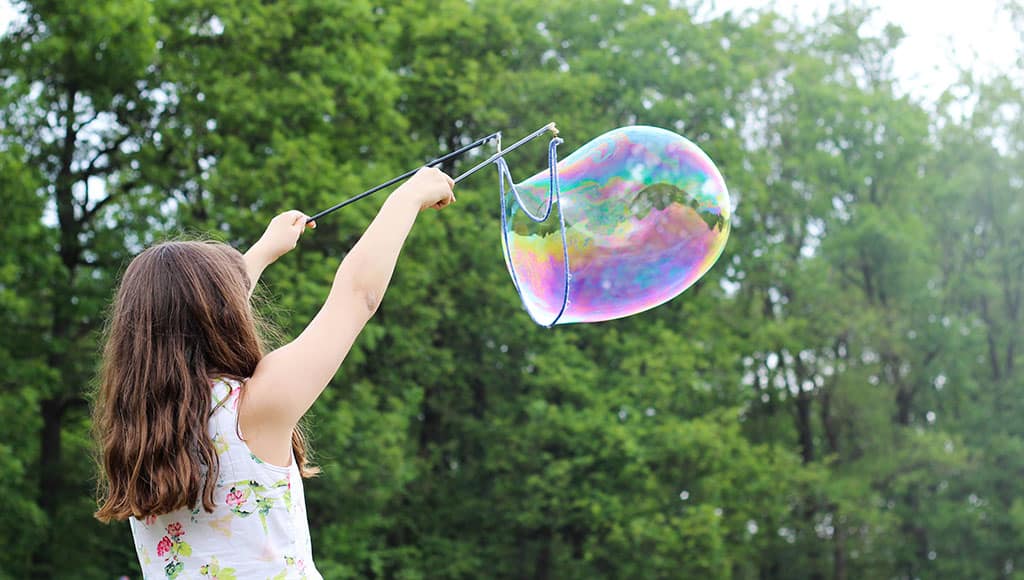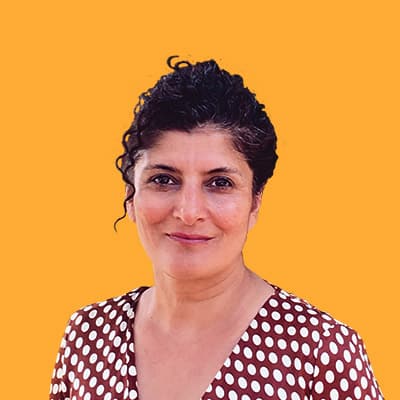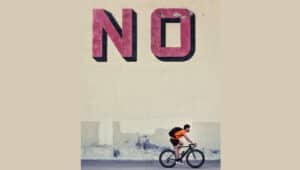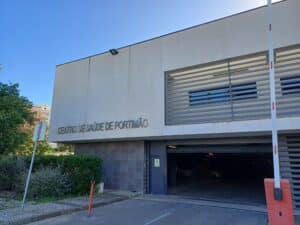In a world that often feels like a competition, many of us find ourselves relentlessly trying to win at life, or caught in the mindset of solving problems, rather than truly living. This approach can leave us feeling drained and disconnected, as we focus on conquering challenges and ticking off achievements instead of embracing the joys and authentic experiences that life has to offer.
In my practice, I’ve had the privilege of working with individuals from diverse backgrounds who come to me grappling with anxiety, depression, grief, and trauma. Many feel trapped in this cycle, yearning to reconnect with the parts of themselves that have become lost amid the demands of adulthood.
As we strive to overcome obstacles, it’s easy to overlook the potential for joy and authenticity that resides within us. While success may offer a temporary dopamine boost, these fleeting moments often lead to a deeper craving for fulfilment. In the complexity of life, responsibilities accumulate and societal norms shape our actions, causing that spark of authenticity we once carried as children to feel distant and buried beneath layers of the “adult” we’ve become.
But what if the adult isn’t the real us? What if our true selves are much closer to the child we once were – the one whose dreams and desires hadn’t yet been influenced by the world around them?
This idea echoes Robert Fritz’s The Path of Least Resistance. He suggests that our real selves are still hidden within us, in the dreams we had as children, before life made things complicated. Fritz says something really powerful here:
“We are creators of our lives, but often we follow a path that has been shaped by forces outside of us.”
He’s talking about that natural sense of wonder and curiosity we had before anyone told us what we ‘should’ be doing.
The child we once were is the authentic version of us, the self that was driven by joy, curiosity, and boundless imagination. As we age, we often forget that version, replacing it with the adult ego – something moulded by fear, insecurity, and expectations. The real challenge is to rediscover that childlike spirit, to strip away the layers of adult conditioning and reconnect with the passions, dreams, and desires that once came so naturally. As Fritz puts it:
“The power of creation comes not from our efforts to control the world around us, but from our ability to align with the desires that naturally flow from within.”
Fritz also emphasizes the importance of the dreams we held when we were younger. And not just the dreams we had at night, but the aspirations and visions of who we wanted to be. As children, we dared to dream big, from becoming astronauts to building entire worlds out of Legos. Those dreams, Fritz argues, are the keys to our true selves.
“The essence of life,” he writes, “is in the pursuit of what calls to us most deeply, not in the achievement of what society deems valuable.”
This means our dreams reflect our authentic desires and should guide us as adults.
Fritz argues that following these childhood dreams – even when they seem impractical by adult standards – can help us live more fulfilled lives. We need to give ourselves permission to honour the visions of our younger selves.
“Living in harmony with our deepest desires allows us to become the best version of ourselves,” Fritz writes.
The magic lies in aligning with those dreams, so that our actions flow naturally, just as they did when we were kids, free from the pressures of adulthood.
Tapping back into the dreams of our younger selves doesn’t just bring us fulfilment – it can be a powerful way to heal from emotional wounds and trauma. Research shows that revisiting and reconnecting with who we were as children can heal deep emotional scars and restore a sense of wholeness.
According to trauma expert Judith Herman, recovery often involves “reclaiming the lost parts of the self.” That includes those forgotten childhood dreams that we left behind. Gabor Maté, another renowned trauma specialist, explains how unfulfilled childhood dreams often leave emotional wounds that linger into adulthood. Reconnecting with them can be key to healing.
So, how do we tap back into those forgotten dreams, as Fritz suggests? It starts with reflection. Think back to your earliest memories – what excited you, what made you feel alive, what did you dream of doing? It’s about remembering those moments when the world seemed full of endless possibilities.
Then, give yourself the freedom to dream again. Let go of the notion that dreams have to be “realistic” or “practical”. When we make space in our lives for play, creativity, or simply letting our minds wander, we tap into that childlike spirit again. Fritz believes that “creativity flourishes when we are free to play with possibilities”, and that play is crucial to rediscovering the essence of who we are.
Finally, integrate these dreams into your adult life. This doesn’t mean quitting your job to chase a childhood fantasy, but it does mean honouring those passions in small, meaningful ways. Maybe it’s taking up a hobby you loved as a kid, or maybe it’s making room for more spontaneity in your daily routine. Fritz’s idea is that the true path of least resistance isn’t about giving up responsibilities, but about aligning with the things that make us feel alive. “In dreams, we touch the essence of who we are, and in the pursuit of those dreams, we live authentically,” he writes.
At the heart of it, the adult we’ve become isn’t the whole story – it’s just a version shaped by the world. Our true selves, the adults we want to be, are much closer to the child we were. By reconnecting with those early dreams, we don’t just find a sense of purpose. We find healing. As Fritz says:
“The journey toward our dreams is the journey back to ourselves.”
By Farah Naz
|| features@algarveresident.com
Farah Naz is a UK trained psychotherapist of more than 30 years and is a Clinical Hypnotherapist. She has worked with thousands of people globally for a range of issues. Farah has trained doctors, teachers and health workers on stress management. Currently, she has an online international practice and a private practice in the Algarve. www.iamfarah.com email: info@iamfarah.com



















